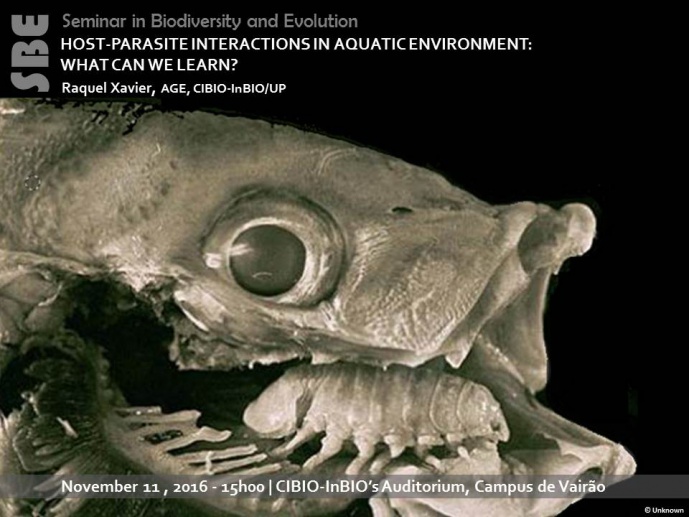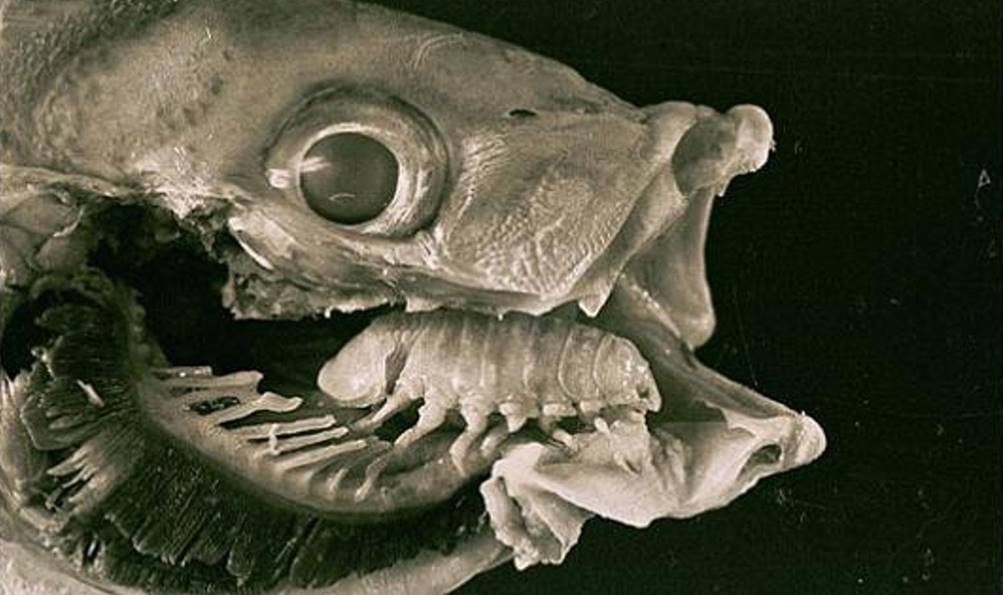HOST-PARASITE INTERACTIONS IN AQUATIC ENVIRONMENT: WHAT CAN WE LEARN?


Parasites are often overlooked in biodiversity assessments, but in fact their biomass can exceed that of top predators. They play a fundamental role in ecosystems, able to drive local extinction, alter competition or by being an important link in food webs (just to name a few). Parasite surveys in marine hosts are lagging behind their terrestrial counterparts and given the ongoing global anthropogenic-driven alterations it is paramount we start establishing what will be the baseline knowledge for future comparisons. In this talk I will go through some of the basic research I have been conducting over the last three years focusing on host-parasite interactions in aquatic environment. First, I will present the results that compose most of the genetic data gathered from Apicomplexa parasite lineages in marine fish hosts. Secondly, I will show how trophic transmitted parasites can be used to shed light on host feeding strategy throughout different life stages, and finally, I will show how limited our knowledge is even regarding parasites which are often used as models to test the effects parasitism on host behaviour, condition and survival.
Raquel Xavier completed a BSc in Biology Applied to Marine Resources (2004, Faculty of Sciences of University of Lisbon), and both an MSc in Biodiversity and Genetic Resources (2011) and a PhD in Biology (2014) at CIBIO-UP. She was a Post-Doc funded by FCT between 2012-2016 and is currently an Auxiliary Researcher at CIBIO. Her main focus presently is to understand interaction between microbiomes and infectious diseases in marine fish.
[Group Leader: António Múrias dos Santos, Ecology and Evolution of Aquatic Organisms]
Image credits: Unknown